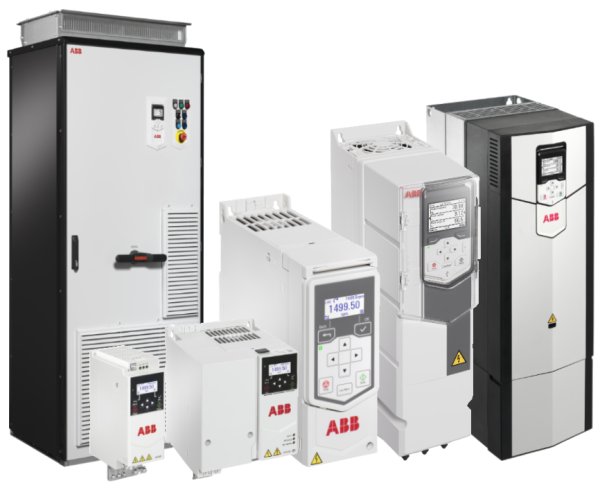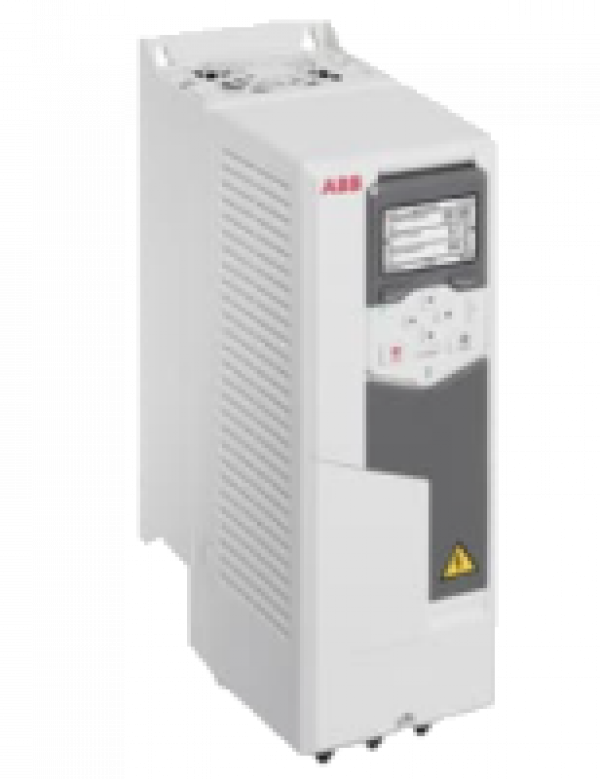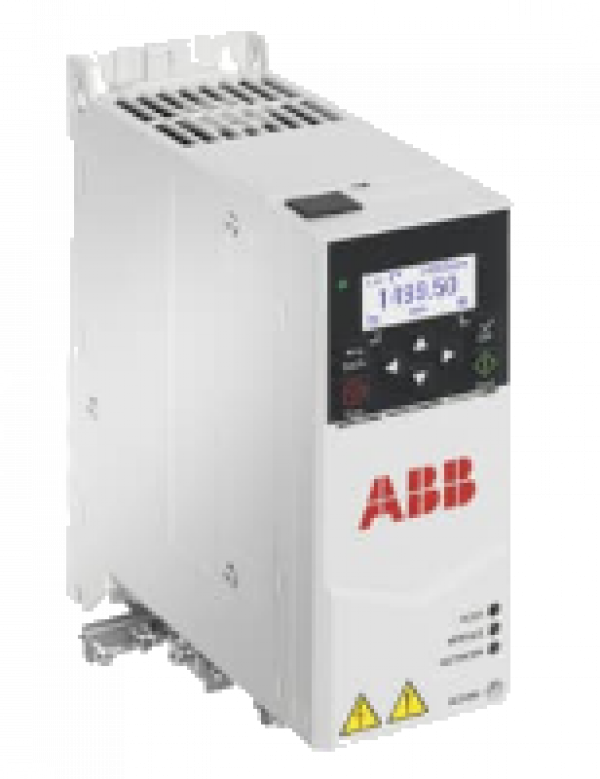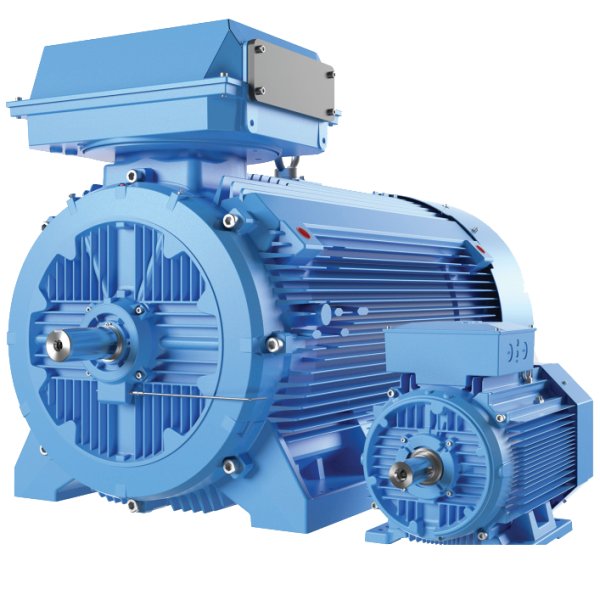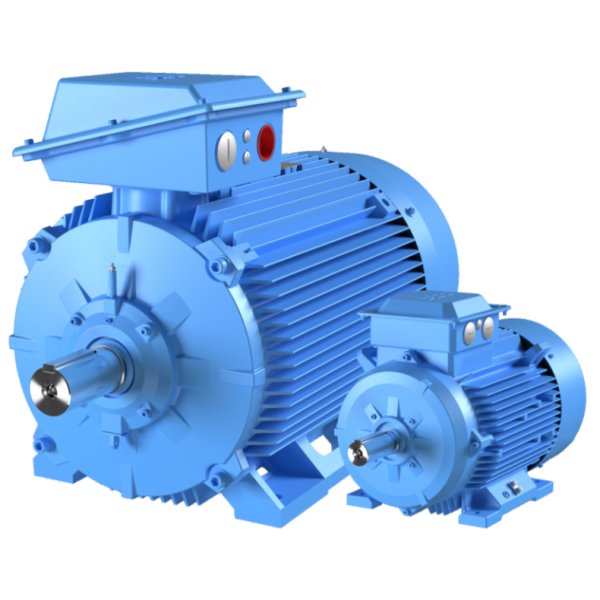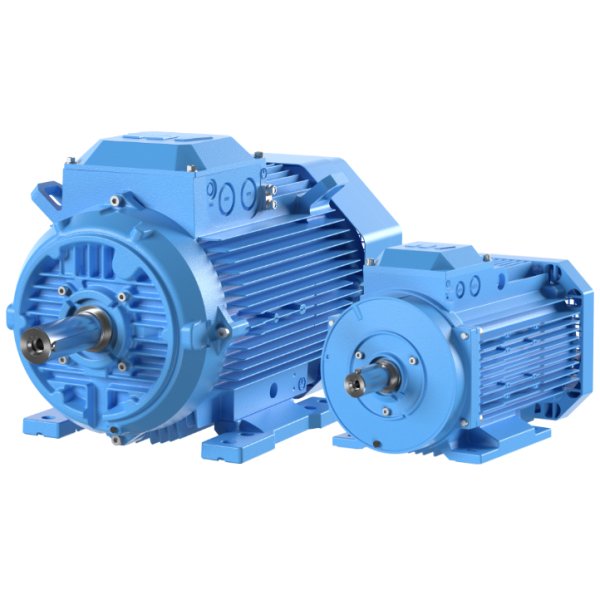Low voltage motors IEC
MEPS prescribes the transition of most low-voltage motors to a higher efficiency class. The change will reduce energy costs and benefit the environment.
From 1 July 2023, a series of EU legislation known as MEPS entered into force. The subject of this regulation are low-voltage motors, which must mandatorily switch to the higher efficiency class IE4, which is significantly more economical in terms of electricity consumption. Fulfilling the requirements of this group of laws and directives, according to their authors, should lead to a significant reduction in energy costs, which should also have positive effects on the environment. The group of laws and directives MEPS (Minimum Energy Performance Standards) for low-voltage motors has been prepared in the European Union since 2009. The mandatory efficiency class IE3 was ordered for most motor outputs in the range of 0.75 kW to 1 MW. Due to the MEPS package, manufacturers must switch to the higher IE4 standard, which is characterized by lower electricity consumption, from 1 July 2023. This applies not only to manufacturers in Europe, but also to those who supply products from Asia, America, Australia and Oceania to the European market.
"Hard core" under pressure from new rules
The new requirements affected the so-called "hard core", i.e. engines with a power range of 75-200 kW 2p, 4p and 6p. This also applies to the design already covered in the previous step, but with the exception of Ex and brake motors. The directive also remembers motors operated with a frequency converter, which can complicate the situation on the market to some extent. In particular, consumers must beware of the competition, which has resulted in the appearance of "special" motors for frequency converters on the market. These differ from standard DOLs only by the modified description on the label. In most cases, these products do not even meet the original requirements from 2011. On the other hand, replacement engines received an exception until mid-2029. Their users can thus install an engine that is identical to the original one in clearly specified devices (e.g. compressors). In such cases, the obligation to respect the latest version of the directive is waived. In many ways, the new MEPS regulations help countries meet their goals of increasing energy efficiency while simultaneously reducing carbon dioxide emissions. The increase in engine efficiency in EU and EEC countries recorded since 2011 can be attributed to the ongoing work on this EU legislation.
ABB also offers the IE5 future class
We teach our customers how to generate energy savings. ABB motors are designed to comply with international IEC standards in addition to local MEPS requirements. We offer standard induction motors in an above-standard power range from 2.2 kW to 1 MW. We also enable our customers to purchase products from the future efficiency class IE5 based on the progressive concept of the synchronous reluctance motor.
Among other things, ABB allows its customers to calculate their own savings. For this, they can use some of the savings calculators.

